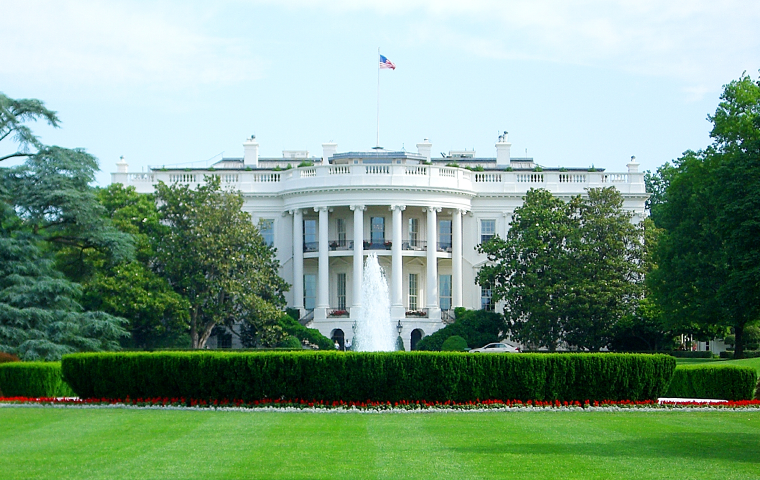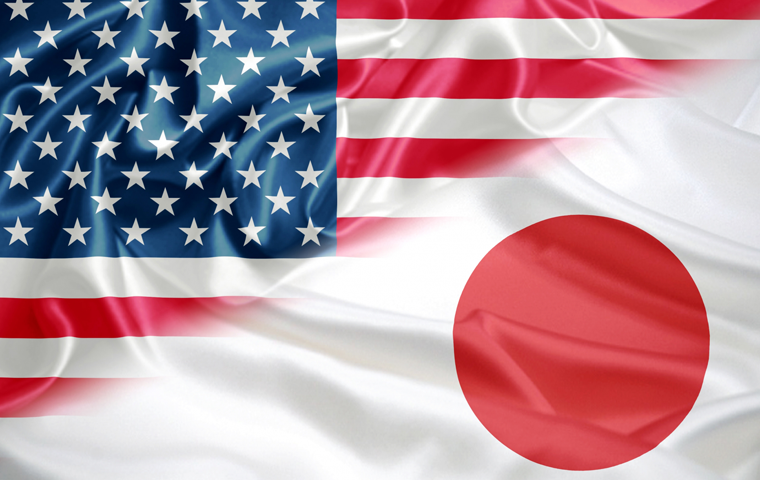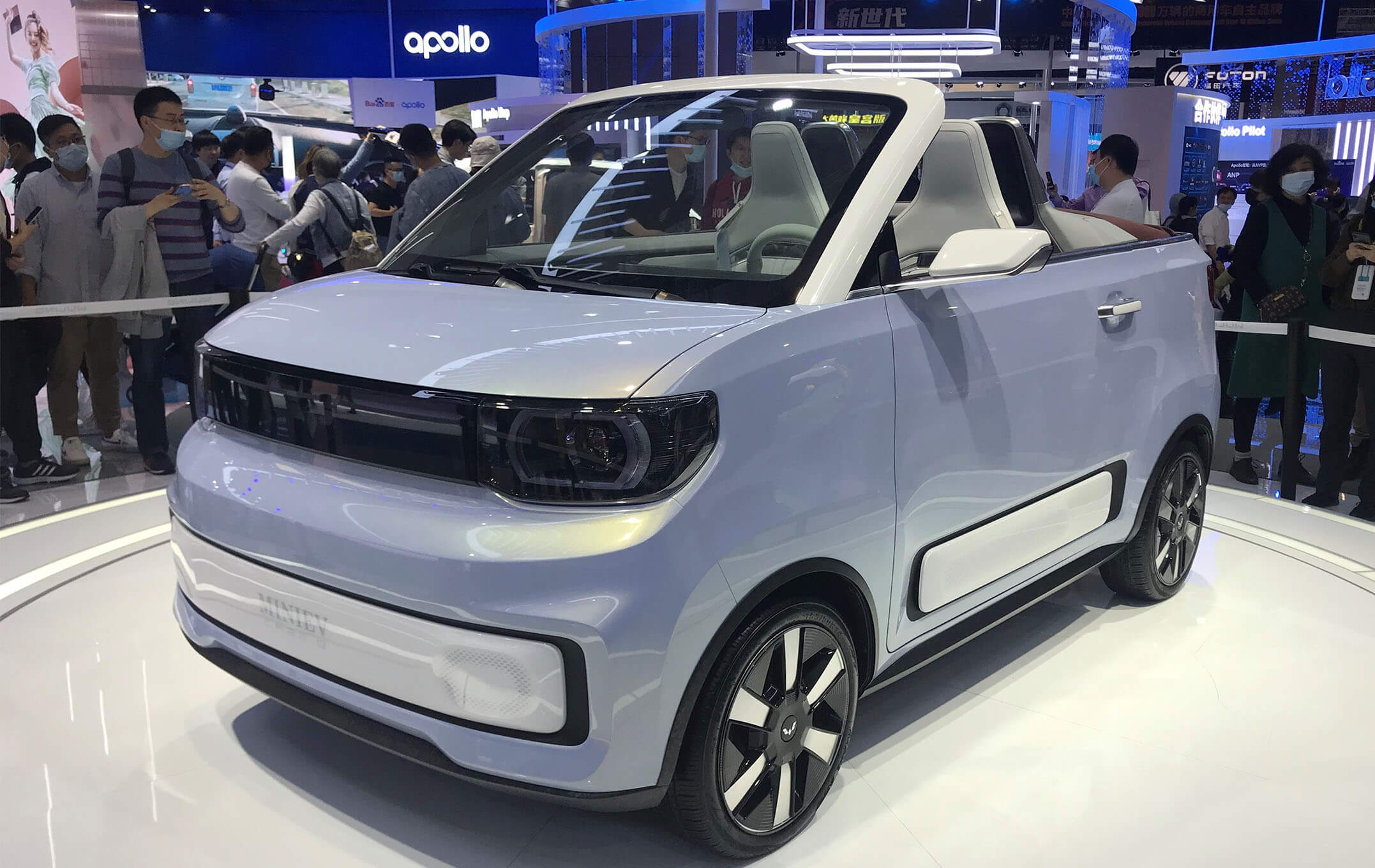Cracks in the U.S.–Japan Alliance: A Politically Blocked Steel Acquisition
Related Articles
Battle for the Rust Belt: Protectionism and the Shadow of the Presidential Election

On January 3, 2025, a decision was made that shook economic relations between Japan and the United States. U.S. President Joe Biden issued an executive order blocking Nippon Steel’s acquisition of U.S. steel giant U.S. Steel, citing national security concerns. This is a highly unusual situation in which the purchase of an American company by a firm from a U.S. ally was directly halted by presidential authority.
Announced in December 2024, the roughly $14.1 billion (about ¥2 trillion) deal was viewed as a strategic move in which the world’s No. 4 steelmaker, Nippon Steel, would bring the once-iconic symbol of American industry under its umbrella to create a global player capable of countering China’s massive steel producers. Yet the economic logic of the transaction was swallowed by the turbulent currents of U.S. domestic politics.
The Rust Belt—including Pennsylvania, where U.S. Steel is headquartered—is a battleground that can decide presidential elections, and the powerful United Steelworkers (USW) union, fearing job losses, fiercely opposed the deal. Many see Biden—who failed to win reelection in 2024—as having made this late-term decision to shore up union support and shape his political legacy. In fact, the USW announced that Biden had given them a “personal assurance” to block the acquisition, suggesting that the move was not purely a national security judgment but a highly political bargain.
A Misstep in China Strategy? The Wall Between Economic Logic and Security
The administration’s stated rationale of “national security concerns” was met with puzzlement by many stakeholders. Nippon Steel had explained that the purpose of the acquisition was to strengthen the steel industries of both Japan and the U.S. and to counter Chinese companies that dominate markets through overproduction and low-priced exports.
A top Japanese company from a close ally injecting cutting-edge technology and major investment into aging U.S. mills should have bolstered America’s industrial base and supply chains, contributing to economic security. Nippon Steel had put forward unusually generous commitments: honoring existing labor agreements with the USW, maintaining employment, and keeping the headquarters function in Pittsburgh, Pennsylvania.
Nevertheless, the Committee on Foreign Investment in the United States (CFIUS) sent a letter expressing concern that joining a group headquartered primarily in Japan might reduce production in the U.S. This logic clearly contradicted the deal’s stated intent to increase capacity through investment, and many experts have questioned its validity.
David Burritt, CEO of U.S. Steel, sharply condemned President Biden’s decision as “corrupt,” stating that it “humiliates Japan—an ally crucial economically and for national security—and jeopardizes America’s competitiveness. The leaders of the Chinese Communist Party must be delighted.” Thus, the blocking of the acquisition has triggered an unusual situation in which criticism is erupting from the very American party involved, arguing that the move runs counter to the supposed goal of confronting China.
Legal Battles and Diplomatic Friction: The Uncertain Future of the U.S.–Japan Economic Alliance

Faced with an executive order as a final ultimatum, Nippon Steel and U.S. Steel immediately turned to the courts. On January 6, the two companies filed suit in federal appellate court seeking to invalidate the executive order, arguing that the CFIUS review process had been distorted by unlawful political interference. In a joint statement they declared they would “pursue every measure to protect our legal rights,” signaling a determination to fight to the end.
Separately, U.S. steelmaker Cleveland-Cliffs, which lost out on the acquisition, and the USW were sued for allegedly conspiring to engage in illegal acts to obstruct the deal. What began as a corporate dispute is now expanding into a challenge to the fairness of America’s judicial, administrative, and political systems themselves.
The Japanese government is not standing idly by. Prime Minister Shigeru Ishiba stated, “Concerns have been raised about future investment between Japan and the United States, and we cannot take this lightly,” indicating that Tokyo will press Washington for concrete explanations regarding the national security concerns.
For a United States that has touted a free and fair market economy, this decision—to erect a protectionist barrier against a company from one of its closest allies—has shocked investors around the world. While there remains a possibility that the decision could be reversed under a Trump administration, the wound this episode has inflicted on the U.S.–Japan economic alliance is deep.
Now that it has been laid bare that the term “economic security” can be used arbitrarily for domestic political gain, the trust between the two countries faces an unprecedented trial.



